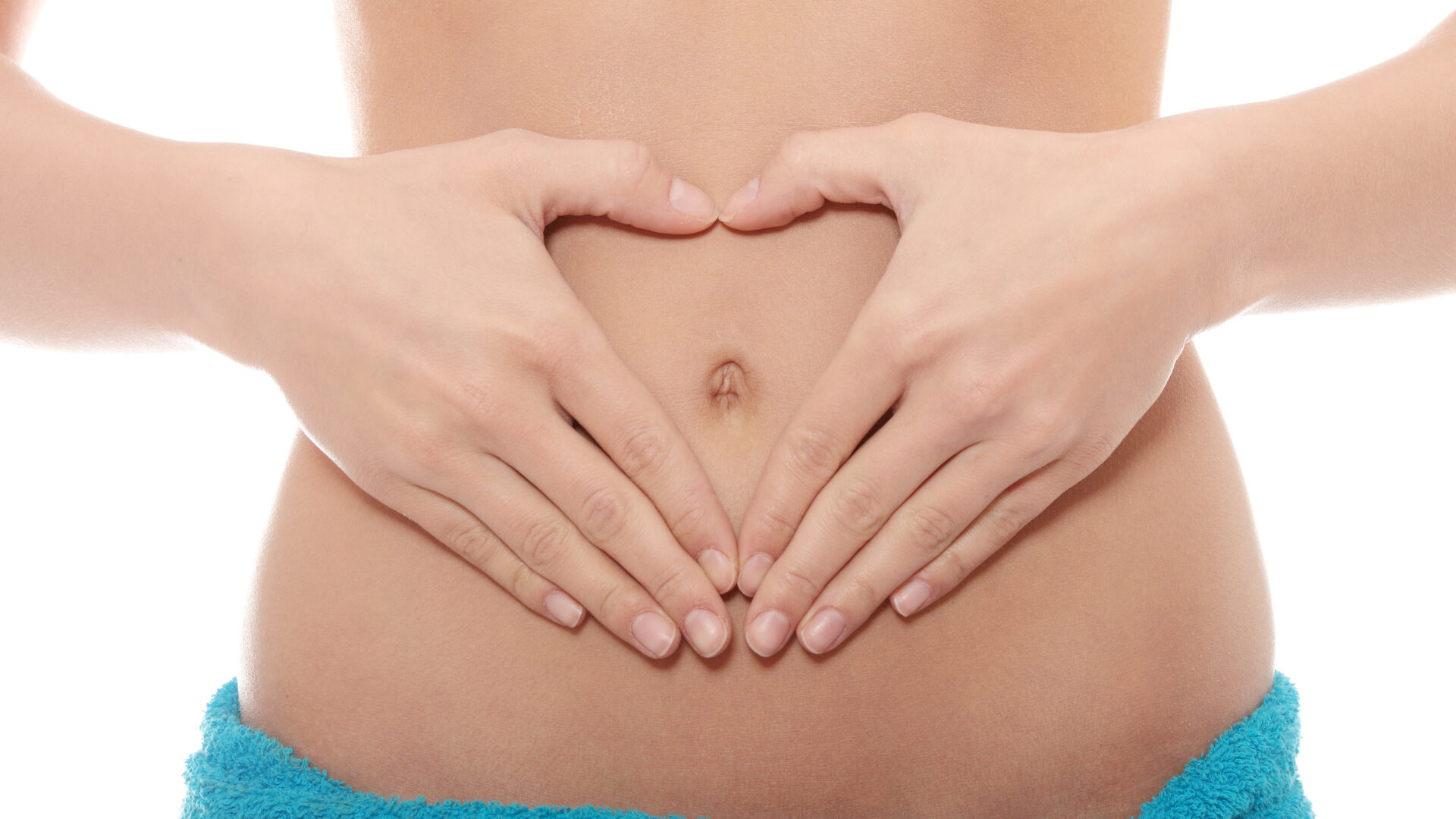According to the Spanish Digestive Foundation (FEAD), This bacteria is present in more than 60% of the human body, although most are unaware of its presence. Helicobacter pylori infection is one of the most common infections and in most cases it tends to last a lifetime.
What is Helicobacter pylori?
Helicobacter pylori It is a bacterium that infects the stomach and can cause a variety of gastrointestinal disorders. It’s especially thought to be a major cause of peptic ulcers, though it’s also thought to be able to cause gastritis and increase the risk of stomach cancer in some people.
problematic bacteria Has a peculiar helical shape and movable filamentscalled a flagella, at one end, Let it adhere to the mucous membrane of the stomach wall, where it begins to develop.
To protect yourself from the acidic environment of your stomach, produce ammonia, It acts as a barrier against the acidity of gastric juices. As a result of these adaptations, the bacteria can multiply and persist in the stomach itself, causing a variety of conditions.
H. pylori is a bacterium that causes stomach infections.
It is the main cause of peptic ulcers and can also cause gastritis and stomach cancer. pic.twitter.com/NBurim1qjG
— Life Sciences 🌱 (@thetejasjoshi) July 30, 2023
What is the transmission mechanism of bacteria?
Experts are still unsure of the precise transmission mechanism.This bacteria is found in saliva, feces, and dental plaque, and It can spread from person to person through direct contact with saliva, vomit, or feces, especially if hand hygiene is inadequate. return can be spread by contact with contaminated objects, Like a washcloth, then bring your hand to your mouth.
Infection usually occurs mainly in childhood and is less common in adults. In developed countries, transmission occurs frequently in a home environmentEspecially between parents, children, and siblings, sharing objects and engaging in intimate contact, such as kissing.
In developing countries, transmission through feces-contaminated food or water is more common. People who live in crowded or unsanitary conditions, without access to clean drinking water, and who live with someone who is infected are at higher risk of infection.
In fact, according to the Spanish Digestive Foundation (FEAD), In underdeveloped countries, the infection rate of Helicobacter pylori is close to 80%.
What are the common symptoms of this type of infection?
Although the infection won’t go away on its own and most people will develop gastritis, it’s important not to panic unnecessarily. According to the Spanish Digestive Foundation (FEAD), Only 10% to 25% of people infected with this bacteria develop symptoms. The most common are usually:
- Feelings of swelling, burning, or pain in the abdomen after eating.
- Loss of appetite and/or weight loss.
- Hiccups, nausea and vomiting.
Indeed, in some rare cases, the infection may become complicated, leading to more serious conditions:
- Erosive gastritis: It is characterized by Thinning of the mucous membrane lining the stomach.
- Peptic or gastroduodenal ulcer: bacteria Increased production of acids and toxins that damage mucous membranes and cause stomach ulcers. Symptoms may include early fullness, difficulty drinking, hunger, heartburn, nausea, stomach or chest pain, and weight loss. Blood in vomit or stool indicates a serious condition that requires urgent medical attention.
- Stomach cancer: Although rare, this infection has been linked to certain types of stomach cancer. The risk is low, but in some cases doctors may order additional tests in patients with symptoms and associated risk factors to exclude this possibility.
What are the treatments for H. pylori infection?
The infection usually does not go away on its own, but It can be eradicated with treatment. Eliminating the bacterium, however, can be difficult because of its growing resistance to antibiotics and its ability to survive acidic environments such as the stomach.
The most common treatment combines both types of antibiotics and Medicines that reduce stomach acid production, such as omeprazole. A full course of treatment (usually 10 to 14 days) and prescribed doses must be followed. Temporary side effects, such as diarrhea or bad breath, may sometimes occur but disappear after treatment ends.
What to eat if you have bacteria in your body
It is recommended to include the following in your diet:
- Steam fruits and vegetables.
- Lean meats such as chicken, rabbit or turkey.
- White type of fish.
- Yogurt without added spices and fresh cheese.
- Peeled lentils.
- Olive oil and avocado in moderation.
What foods to avoid if you carry bacteria
To reduce symptoms caused by this bacterium, it is important to avoid certain foods that may aggravate mucous membrane irritation. If you have been diagnosed with H. pylori, it is recommended that you avoid the following types of foods:
- Beverages such as tea and coffee.
- refreshments.
- Alcoholic beverages.
- Long-aged sausages and cheeses.
- Highly processed, over-seasoned, or overcooked foods.
- Very hot or cold food or drink.
- Pungent spices, such as pepper.

